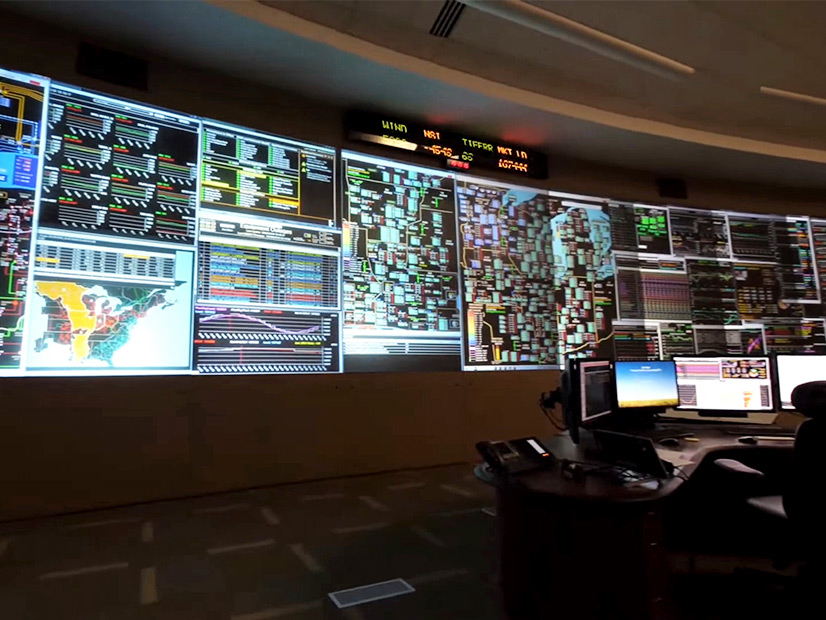MISO said its markets will need renovation as it braces for systems rife with renewables and extreme weather uncertainty.
Jordan Bakke, senior manager of policy studies, said staff is pulling together a “markets of the future” report for publication at year’s end. The report will outline new operational requirements that MISO is likely to need, he said.
“We’re trying ask more questions, like, ‘Will MISO will be resource-adequate in the future given the current market mechanisms?’” Bakke said during a Market Subcommittee meeting May 13.
He said the grid operator is conducting an initial evaluation and wants members’ ideas on how its markets must evolve. Bakke said staff would like to hold one-on-one conversations with members to gather feedback.
He added that MISO will draw on its other analytical works — transmission planning futures, the Renewable Integration Impact Assessment and the newly announced long-term resource assessment — to get an idea of what resources it will be managing. MISO will pay special attention to its Future I scenario, the least aggressive of all three transmission planning futures, he said.
“I think what you’re presenting here will raise the questions that MISO really needs to think about,” Clean Grid Alliance’s Natalie McIntire said.
But WEC Energy Group’s Chris Plante said the RTO’s first planning future, with a projection of about 600 MW of battery storage by 2040, falls short. WEC alone will develop 500 MW of new storage devices by 2025, he said.
“We’re looking a battery storage being a large piece of the resources we bring online, at least at my company. … It seems to me that gap is extremely huge,” Plante said. “How are you going to take into account that Future I is extremely light on battery storage?”
Bakke said Future I will serve as a starting point for the report. “We need some place to try to draw agreement and alignment from,” he said.
Some stakeholders called for a data refresh of the futures so that they contain the most up-to-date information on integrated resource plans and generation retirements.
Others said MISO should take care to avoid a chicken-and-egg situation, where the grid operator stymies emerging technologies by not having market products in place and by delaying the new technologies’ participation, compensation and businesses cases. They urged staff to avoid creating a self-fulfilling prophecy where technologies are a no-show because market mechanisms are not in place.
Bakke said MISO will examine what a retooled market should be able to accomplish, telling stakeholders, “That’s what this is about.”
MISO CEO John Bear has said the processes and procedures that have served MISO well for years are simply no longer adequate to manage harsher weather and a fleet peppered with renewable resources.
“The February cold weather and emergency operations was … another event showing the greater velocity of changes needed,” Bear said during an April informational forum. “We can’t wait forever, because the place we stand isn’t sustainable.”





